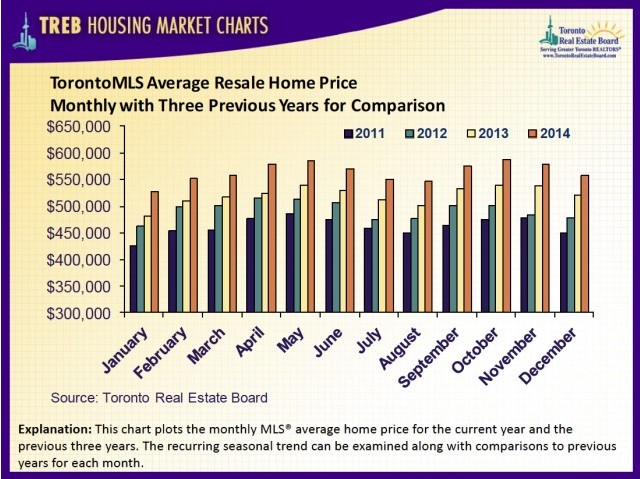When a residential property is for sale and the seller is shown to be a bank, this usually indicates that the owner could not make their mortgage payments and the lender is selling the property to recover the mortgage amount owing. If you are considering making an offer on one of these homes, here are 5 things you need to know:
- The process that most lenders will follow in Ontario is Power of Sale, and not Foreclosure. The main reason is that a Power of Sale can be completed much faster than a Foreclosure. Powers of Sale can be completed generally in 3-4 months, while the Foreclosure process will typically take up to a year to complete. Banks also prefer this method as it permits them to get bad loans off their books quickly and if there is any shortfall, they can immediately sue the original borrower for the deficiency.
- Lenders are supposed to try and get fair market value for the property that is sold, so it is not automatic that you will be able to buy the property at a substantial discount. Use a professional buyer agent to make sure you know what this property is worth before making any offer.
- The lender will usually contain special clauses in this contract that will be important to any buyer. For example, all appliances will be sold on an "as is" basis, with no warranty, meaning you are out of luck if the appliances are not working when you close. No warranty will be given regarding the room sizes or even the lot size for the property. If there is a tenant on the property, no guarantees are given about the length of any lease or how much the tenant may be paying in rent. If HST is payable, for example if the property had a business running in it before the lender took over, or if it had been substantially renovated, then this extra HST has to be paid by the buyer on closing. Finally, if the original owner comes up with the money before closing to pay off the mortgage, then the deal is over.
- In order to deal with the above clauses, buyers should make sure that any purchase is conditional upon a detailed home inspection condition so that everything can be verified, including the condition of the home, the room and lot sizes, and whether there was any business, such as a day care, operating in the home before closing. This could involve discussions with the neighbours as well as well as any tenant that the buyer will be assuming after closing. Regarding the lot size, ask the bank's real estate agent if the bank has any survey relating to the property and if not, check at www.landsurveyrecords.com or www.protectyourboundaries.ca as there are over 1.5 million surveys available for purchase through these websites to assist you when the boundaries are not certain.
- Buyers should attempt to close the deal quickly, once they have satisfied themselves as to all conditions, to avoid having the original owners come back and pay off the mortgage before closing, thus ending the deal.
When you understand what is involved in buying a home from the bank, you should not have any unwelcome surprises either before or after closing.
Story provided by Mark Weisleder BA., LLB
Research, professional knowledge and advice make for good decision-making. Knowledge is power and helps the buyer make the best decisions possible for his family. So it’s important to find the right agent that has experience with power-of-sale properties. Contact me today! I will be working for you every step of the way to make sure that you get what you want.

Randy Miller
Broker of Record
Royal Heritage Realty Ltd.
Royal Heritage Realty Ltd.
Offices in Pickering and in Whitby


















